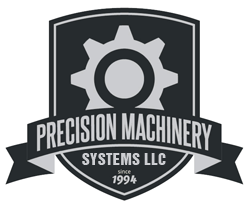Why Waste Compactors Are Essential for Modern Waste Management Solutions
In today's rapidly advancing urban environments, effective waste management solutions are becoming increasingly vital, and one of the key players in this endeavor is Waste Compactors. As cities grow and the volume of waste produced escalates, the importance of efficiently managing this waste cannot be overstated. Waste Compactors serve as indispensable tools that not only help to reduce the volume of waste but also streamline collection processes, making them a crucial part of modern waste management strategies.
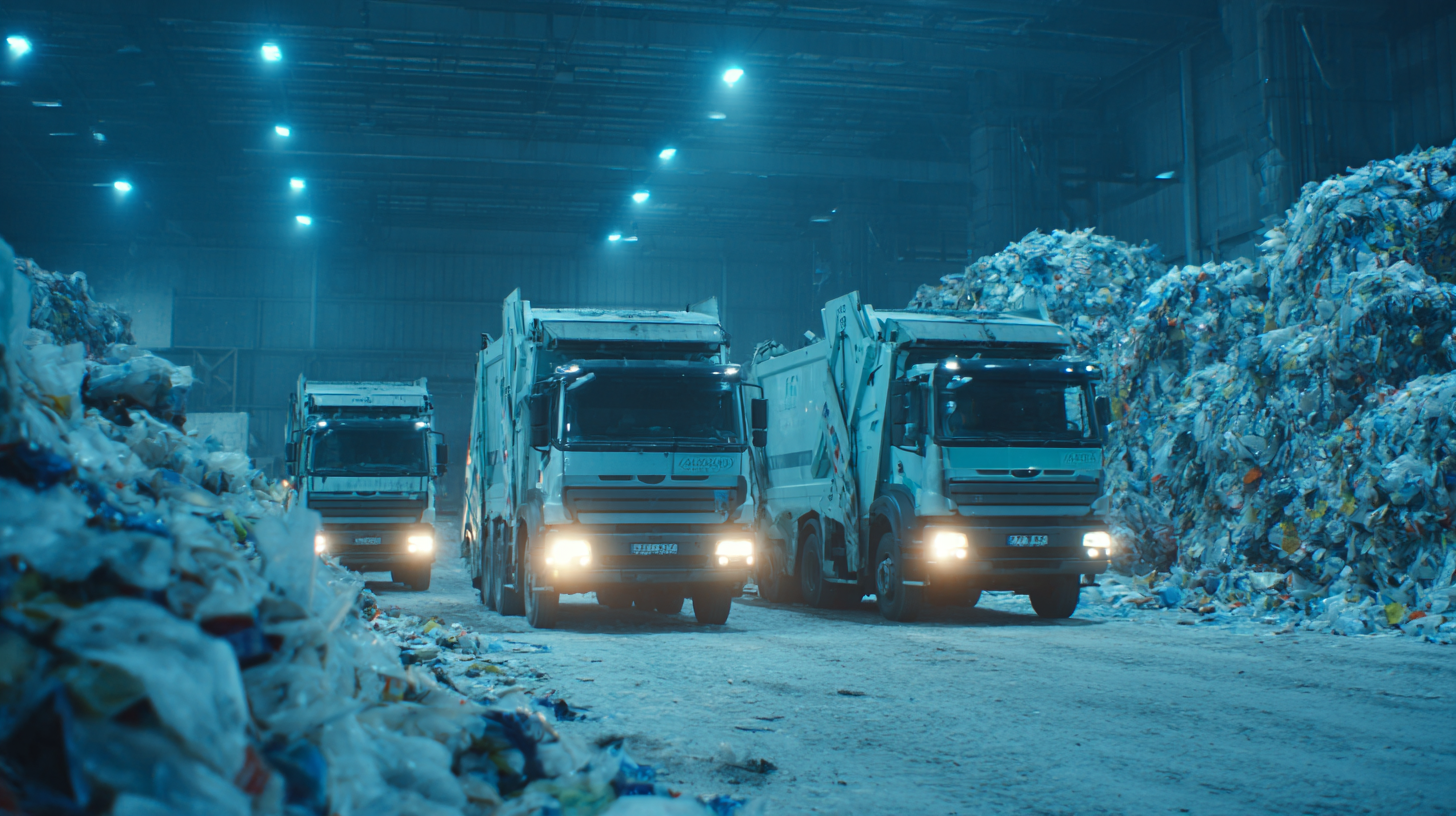
This article will explore how to leverage Waste Compactors effectively, detailing best practices, benefits, and tips for integrating them into existing waste disposal systems. From enhancing operational efficiency to contributing positively to sustainability goals, understanding the role of Waste Compactors can empower businesses and municipalities to tackle waste management challenges with greater efficacy.
Understanding the Role of Waste Compactors in Efficient Waste Management Strategies
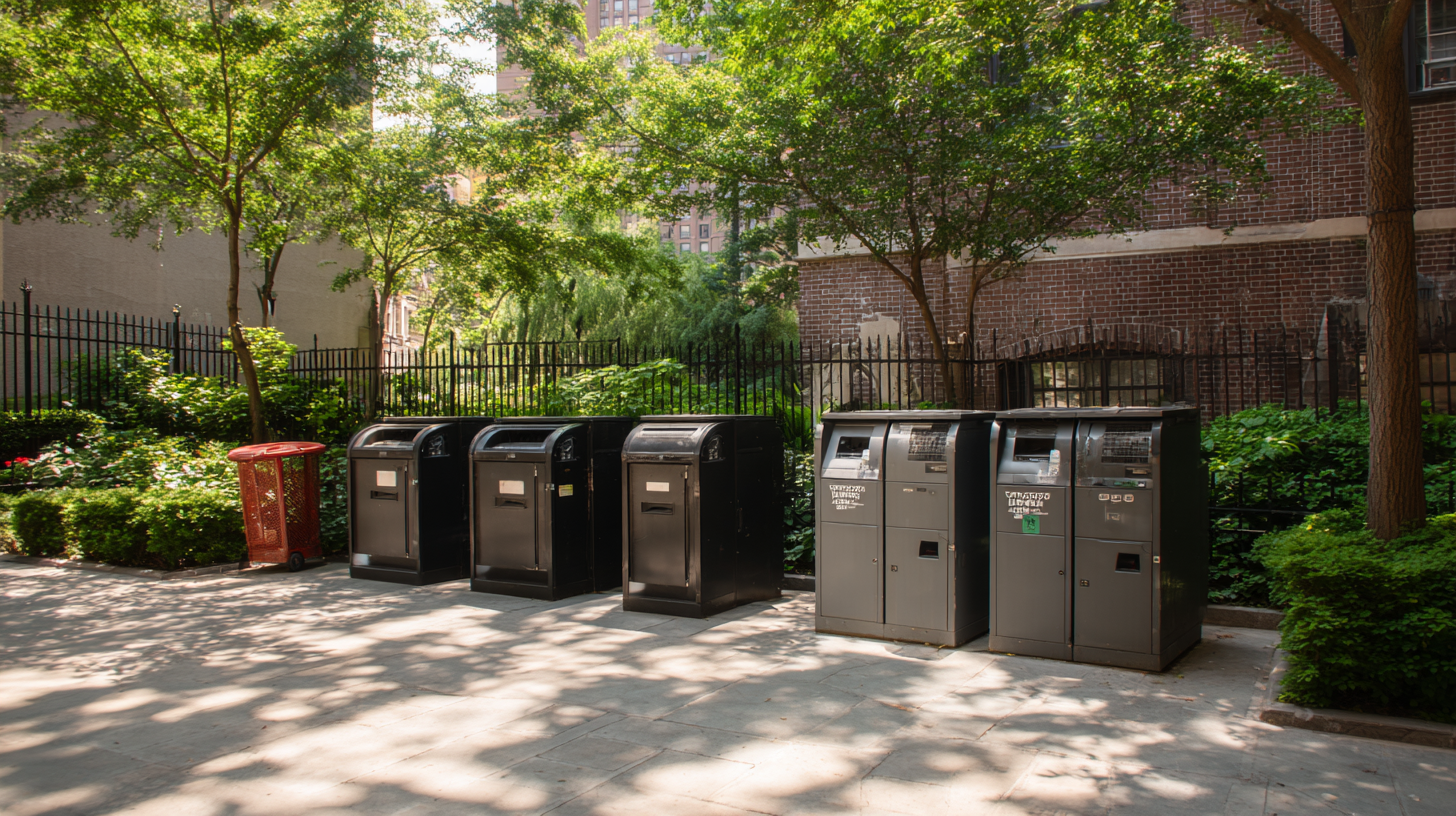 Waste compactors play a crucial role in modern waste management strategies by significantly reducing the volume of waste. These machines compress garbage into compact bales, which not only saves space but also enhances the efficiency of disposal processes. With the increasing amount of waste generated daily, utilizing waste compactors helps facilities manage their waste more effectively while complying with environmental regulations.
Waste compactors play a crucial role in modern waste management strategies by significantly reducing the volume of waste. These machines compress garbage into compact bales, which not only saves space but also enhances the efficiency of disposal processes. With the increasing amount of waste generated daily, utilizing waste compactors helps facilities manage their waste more effectively while complying with environmental regulations.
Tip: When considering waste compactors, assess the waste type and volume your facility produces. Selecting the right compactor tailored to your needs can lead to optimal performance and savings.
Moreover, waste compactors contribute to cost savings by minimizing the frequency of waste pickups. By condensing waste, businesses can lower their transportation costs and reduce their carbon footprint, aligning with sustainability goals. Facilities can improve their waste management strategies by integrating compactors into their operations, ensuring they handle waste efficiently without overwhelming landfills.
Tip: Regular maintenance of waste compactors is essential to maximize their lifespan and performance. Schedule routine checks to prevent breakdowns and ensure safe operation.
Key Benefits of Implementing Waste Compactors in Urban Environments
In urban environments, the effective management of waste is a crucial concern for municipalities. Implementing waste compactors offers numerous benefits that can significantly enhance waste management systems. According to a report by the Environmental Protection Agency (EPA), using compactors can reduce waste volume by up to 75%, leading to fewer pickups and lower transportation costs. This not only alleviates the pressure on landfill sites but also contributes to a more sustainable urban ecosystem.
To maximize the efficiency of waste compactors, it's important to choose units that are tailored to specific types of waste. For instance, commercial properties often have diverse waste streams. By using compartmentalized compactors, businesses can ensure that recyclables and non-recyclables are processed separately, promoting better recycling habits. Additionally, regular maintenance is vital; research indicates that well-maintained compactors operate efficiently, reducing the likelihood of costly breakdowns.
When considering the implementation of waste compactors, it’s essential to analyze the volume of waste your facility generates. A thorough assessment can identify the optimal compaction solution for your needs, ensuring that you maximize the benefits. Moreover, educating staff about proper waste disposal practices can enhance the effectiveness of the compactor system, ultimately leading to a cleaner, more organized urban environment.
Exploring Industry Statistics: Impact of Waste Compactors on Waste Volume Reduction
The integration of waste compactors into modern waste management systems has proven to significantly impact waste volume reduction. Industry statistics reveal that waste compactors can compress waste by up to 80%, enabling organizations to optimize space in their waste storage areas. This efficiency not only reduces the frequency of waste pickups but also lowers transportation costs and carbon emissions associated with frequent hauling.
Moreover, businesses implementing waste compactors often experience a more streamlined waste management process. By minimizing the overall volume of waste, companies can divert a larger percentage of their materials from landfills, contributing to more sustainable practices. Data suggests that facilities using compactors report a notable decrease in landfill disposal rates, highlighting the crucial role these devices play in enhancing recycling and waste diversion efforts in various industries.
Impact of Waste Compactors on Waste Volume Reduction
Innovative Technologies in Waste Compaction: Enhancing Sustainability and Cost Savings
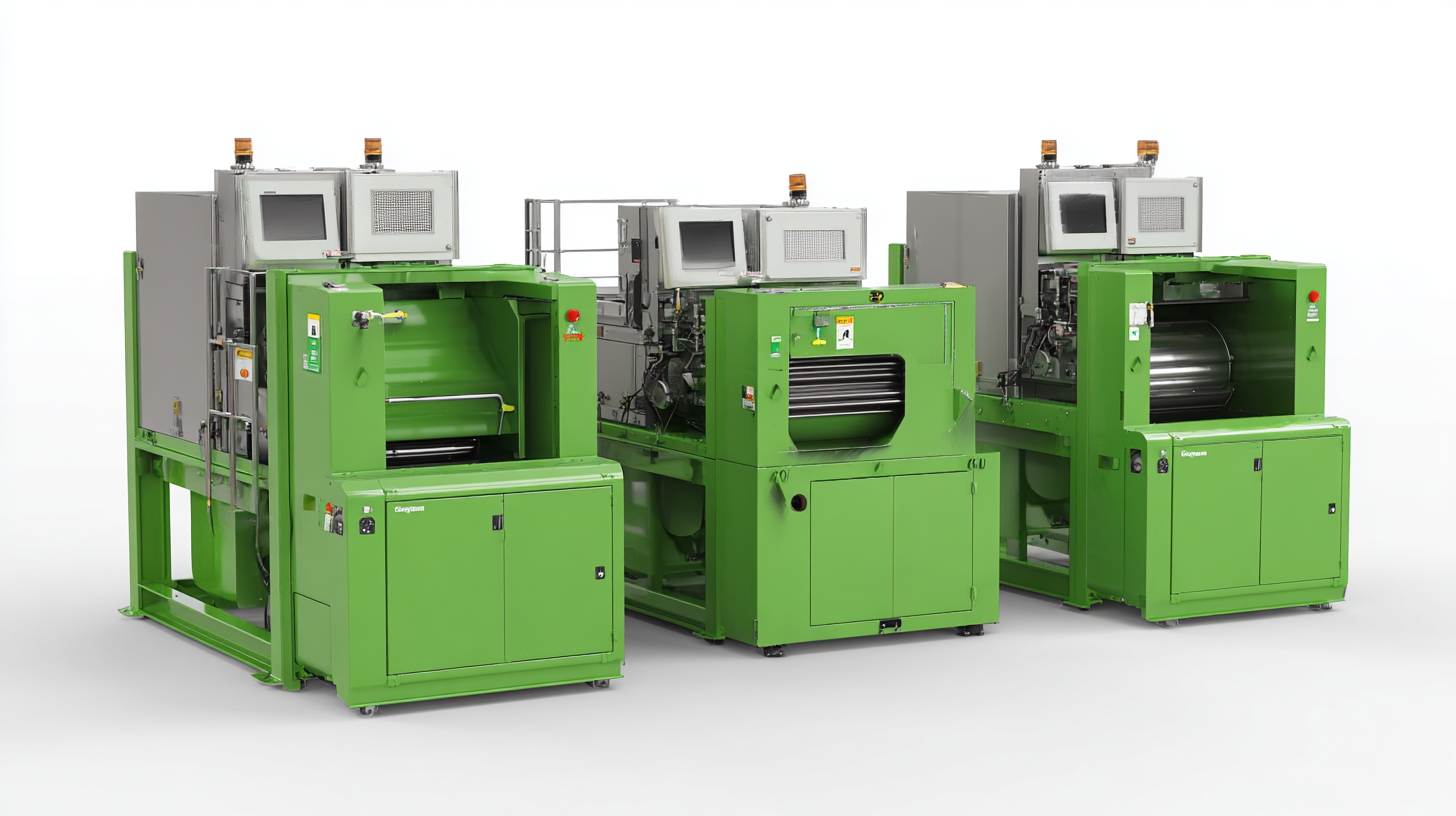 Innovative technologies in waste compaction play a critical role in enhancing sustainability and driving cost savings in modern waste management systems. Advanced compaction systems utilize automated processes and smart sensors to optimize the volume of waste materials. By significantly reducing the space that waste takes up, these systems minimize landfill contributions, thereby supporting environmental conservation. Furthermore, the intelligent feedback mechanisms embedded within these technologies allow for real-time monitoring and efficient scheduling of waste collection, ensuring that resources are used effectively.
Innovative technologies in waste compaction play a critical role in enhancing sustainability and driving cost savings in modern waste management systems. Advanced compaction systems utilize automated processes and smart sensors to optimize the volume of waste materials. By significantly reducing the space that waste takes up, these systems minimize landfill contributions, thereby supporting environmental conservation. Furthermore, the intelligent feedback mechanisms embedded within these technologies allow for real-time monitoring and efficient scheduling of waste collection, ensuring that resources are used effectively.
Moreover, investment in compactors can lead to substantial long-term savings for businesses and municipalities alike. By concentrating waste efficiently, companies can cut down on the frequency of pickups, leading to reduced fuel costs and vehicle wear-and-tear. The enhanced management of waste also translates to better compliance with local regulations and a potential increase in recycling rates, as the compacted materials are often easier to process. Overall, the integration of cutting-edge waste compaction technologies paves the way for a greener future while simultaneously easing the financial strain on waste management systems.
Case Studies: Successful Waste Compactor Applications Across Various Sectors
Waste compactors have become a vital part of effective waste management strategies across diverse sectors. For instance, in the retail industry, large supermarkets utilize waste compactors to handle the significant volume of packaging waste generated daily. By compacting waste, these retailers not only reduce the frequency of waste collections but also optimize their storage space, ultimately leading to cost savings. A notable example is a leading supermarket chain that reported a 40% reduction in waste collection costs by integrating compacting solutions into their operations.
In the hospitality sector, hotels are increasingly adopting waste compactors to manage food waste and other disposables efficiently. One luxury hotel implemented a compactor that enabled the staff to reduce waste volume by 60%, allowing them to divert more materials from landfills and contribute to sustainability goals. This shift not only enhances their environmental footprint but also improves operational efficiency.
Tips for Implementing Waste Compactors:
- Assess your waste generation pattern to determine the right compactor size and type for your needs.
- Train staff on proper usage to maximize compaction effectiveness and ensure safety.
- Regularly maintain and service your compactor to keep it functioning optimally and avoid costly repairs.
Related Posts
-

How Chinese Manufacturing Thrives Despite US-China Tariff Challenges: The Rise of the Best Home Compactor
-
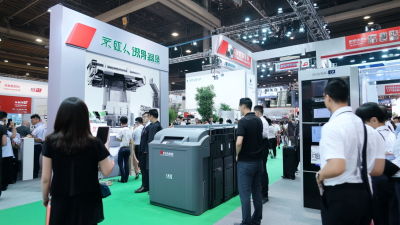
Top 10 Garbage Compactor Manufacturers from China at the 137th Canton Fair
-

Exploring the Unique Features and Applications of Top Rated Industrial Waste Compactors
-

Navigating Waste Management: Your Ultimate Guide to Waste Compactors for Efficient Solutions
-

Solutions for Sustainable Waste Management: Maximizing Efficiency with In Home Trash Compacting Technology
-
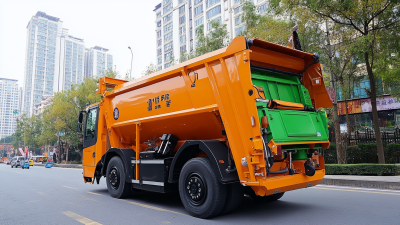
Revolutionizing Waste Management Strategies at the 137th Canton Fair with Trash Compactors for Recycling
